Keywords: Sydney Morning Herald
-

AUSTRALIA
- Bill Farrelly, David Halliday
- 30 May 2024
6 Comments
We don’t need more statistics to prove that addiction to alcohol, gambling and illegal drugs plays a huge role in domestic violence. But what about addiction to pornography? Until now, public conversation on this has been minimal. Despite a wealth of research linking pornography consumption with sexual violence, why are we so afraid to discuss this elephant?
READ MORE
-

CARTOON
- Glen Le Lievre
- 15 May 2024
1 Comment
READ MORE
-
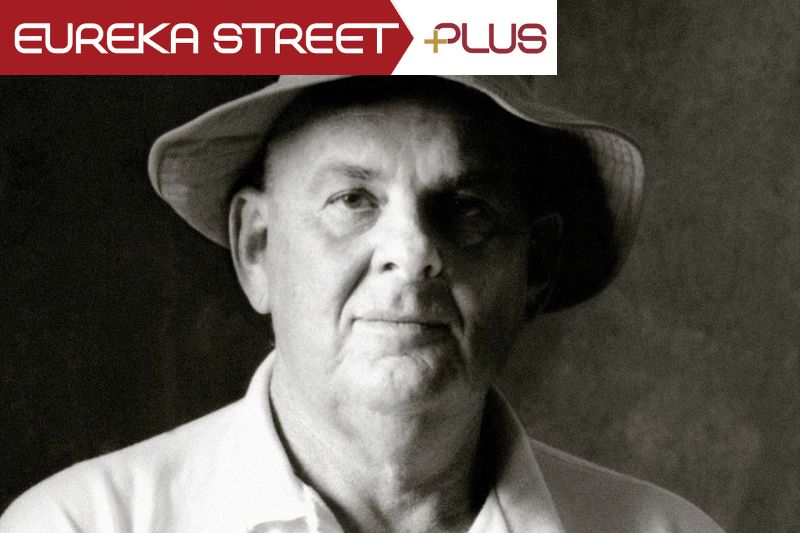
ARTS AND CULTURE
- Paul Mitchell
- 10 May 2024
2 Comments
Les Murray once confessed it was his mission to 'irritate the hell out of the eloquent who would oppress my people,' by being a paradox that their categories can’t assimilate: the Subhuman Redneck who writes poems. And therein lies the ‘poem’ of Les Murray: complex, contradictory, sublime, and sometimes ready to whip his enemies with a scorpion’s tail.
READ MORE 
-
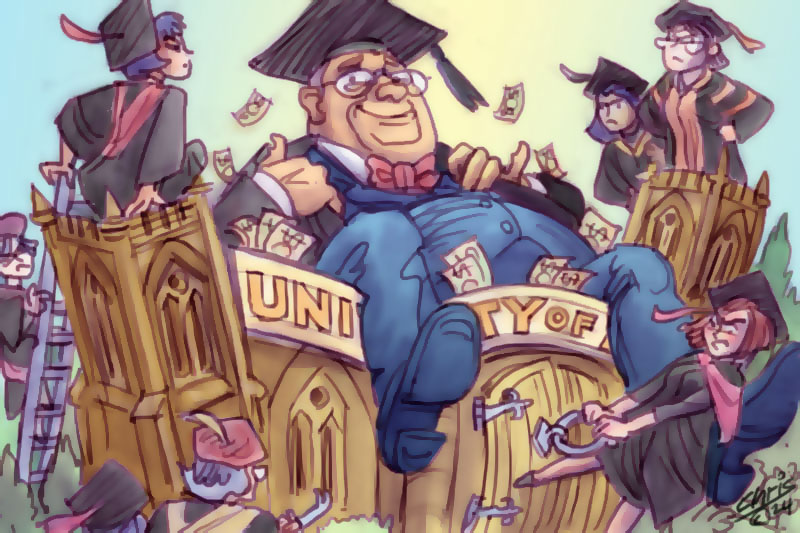
EDUCATION
- Erica Cervini
- 02 May 2024
In 1883, Bella Guerin became the first woman to earn a degree in Australia, a milestone for women in higher education. Today, women make up a majority of university students and staff, yet disparities in pay and representation persist.
READ MORE
-
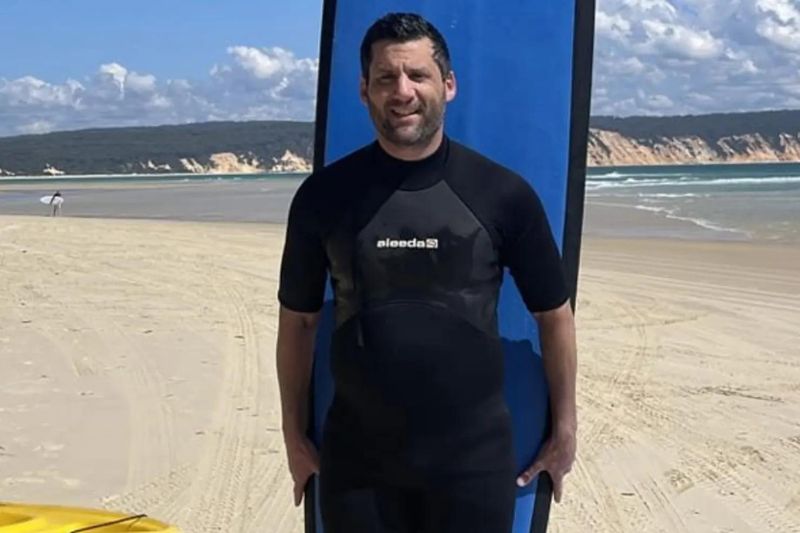
AUSTRALIA
- Bill Farrelly
- 22 April 2024
6 Comments
It will never be possible to protect the community from a repetition of the horror of April 13. But we can reduce the risk. To begin, we can reassess some of our collective and individual priorities, be more compassionate, less judgemental, more aware of those around us.
READ MORE
-
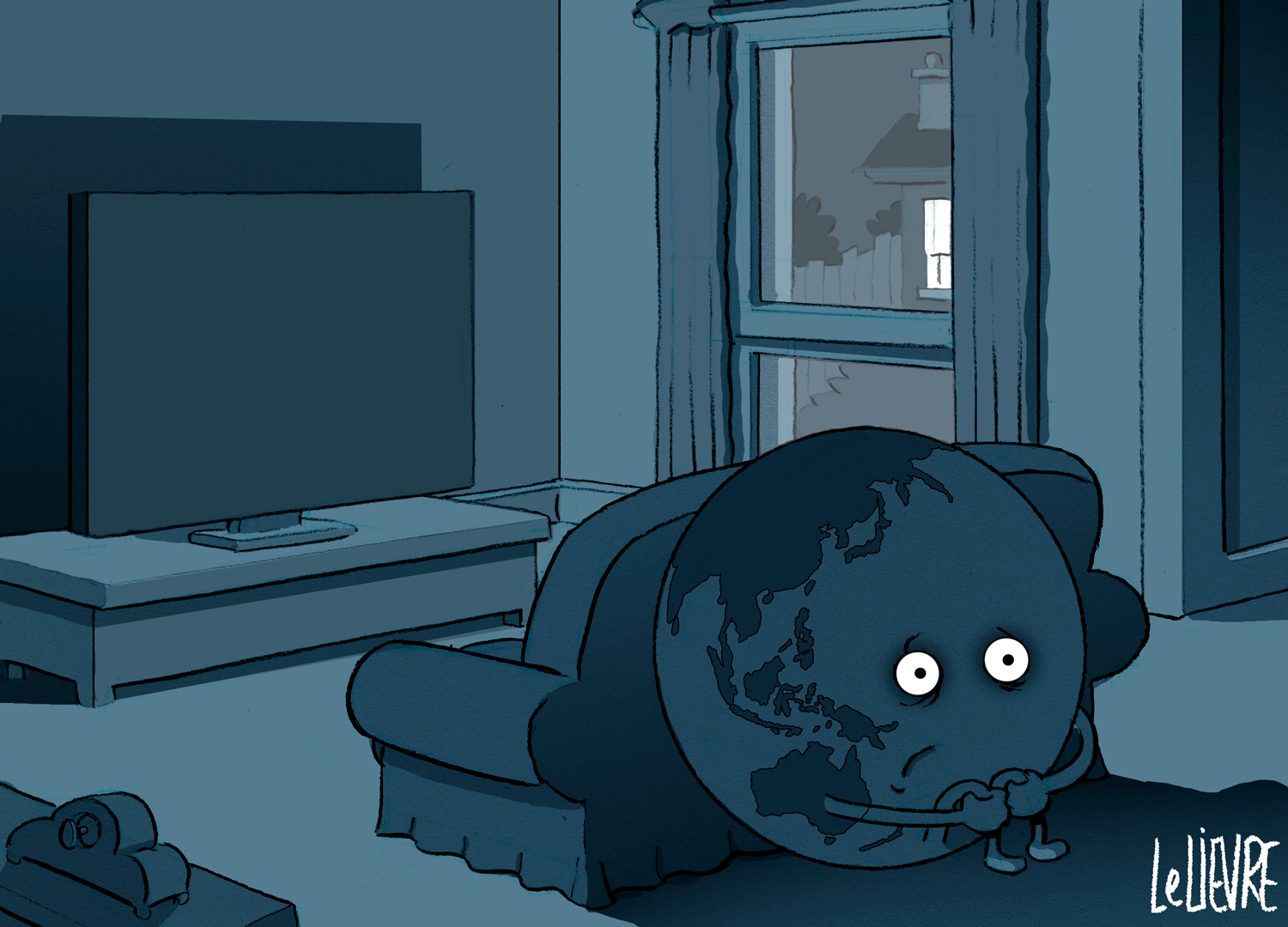
CARTOON
- Glen Le Lievre
- 19 April 2024
1 Comment
READ MORE
-
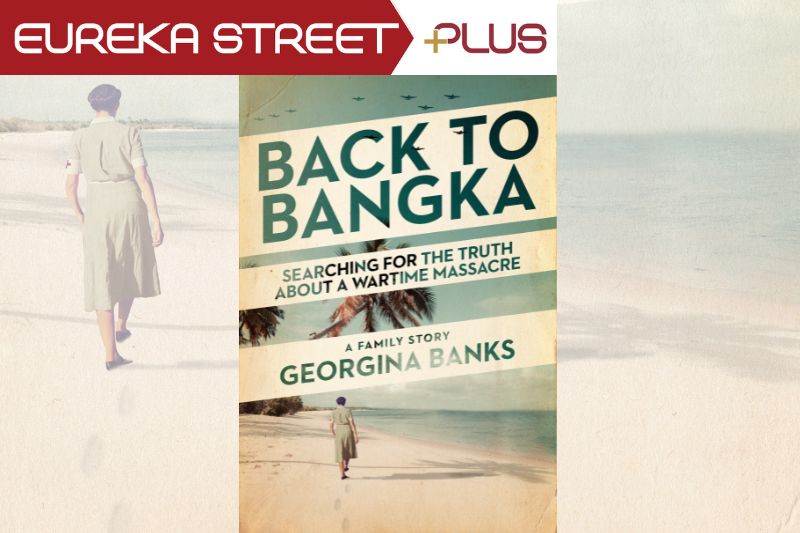
ARTS AND CULTURE
- Juliette Hughes
- 15 March 2024
3 Comments
Two books about a 1942 massacre of Australian nurses were released last year. One is reliable, the other is notable for factual omissions. If we leave something out, are we then guilty of censorship? Alternatively, if our truth-telling offends someone else, what is our justification for so doing?
READ MORE 
-
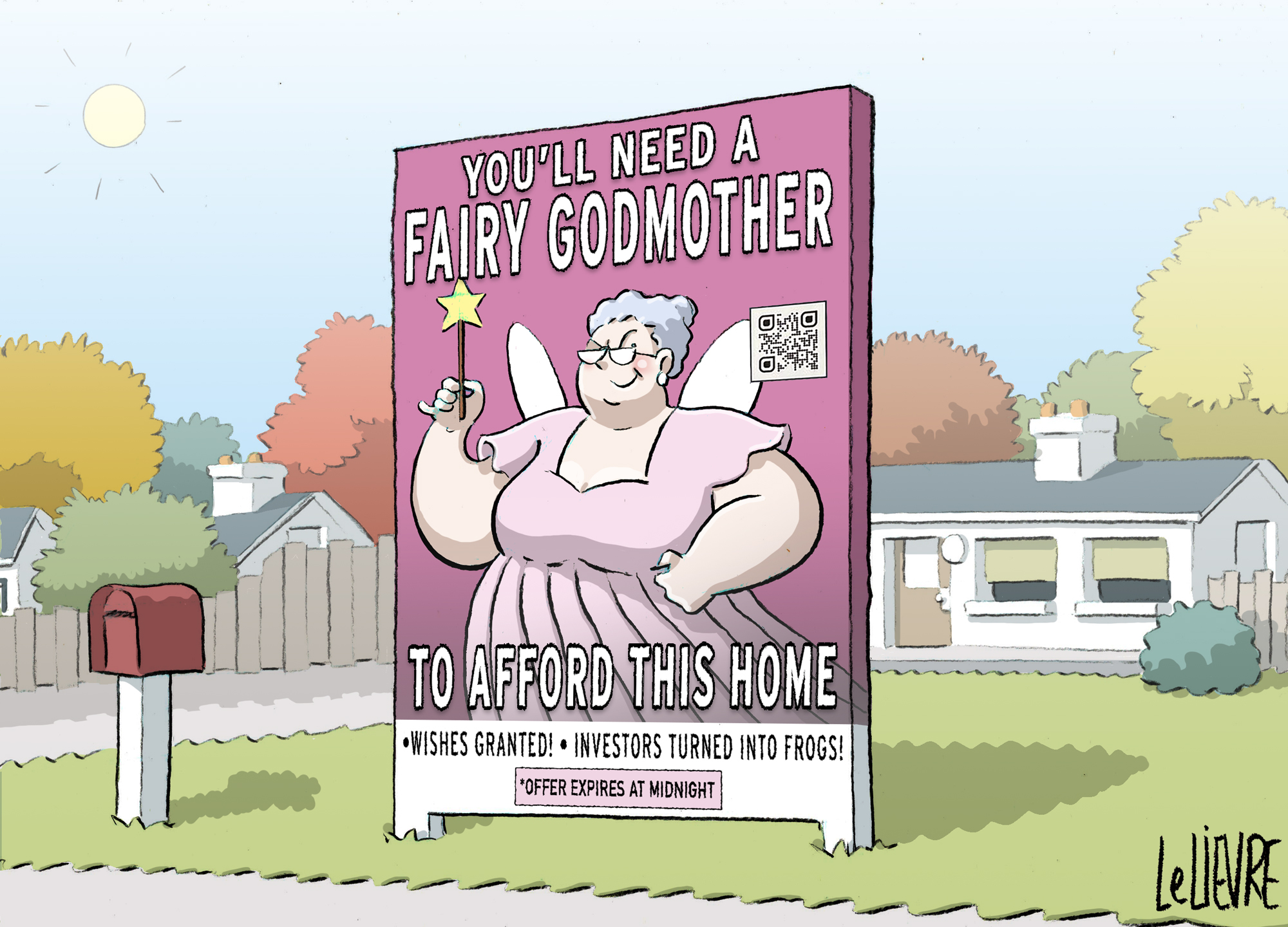
CARTOON
- Glen Le Lievre
- 14 March 2024
READ MORE
-
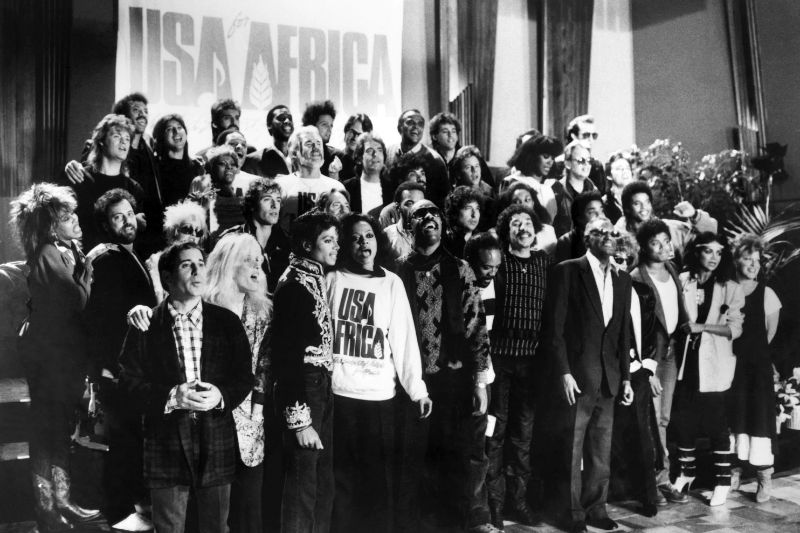
ARTS AND CULTURE
- Barry Divola
- 06 March 2024
A documentary about the making of 1985’s We Are The World holds many surprises, while raising questions about charity singles. These stars were rich and privileged and largely out of touch with how most of the public lived. But at least they were using their fame for something good, and wasn’t that something to be encouraged?
READ MORE
-
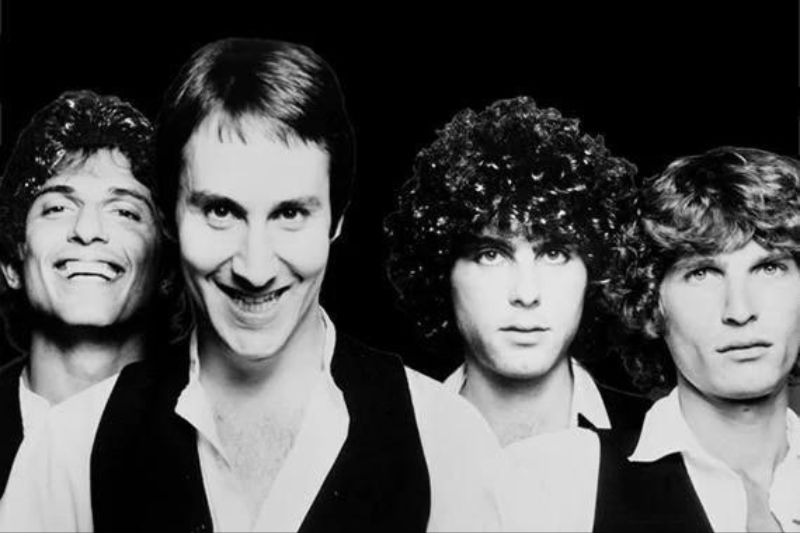
ARTS AND CULTURE
- Barry Divola
- 21 February 2024
1 Comment
A sparky, exuberant pop sub-genre with roots in the ’60s was meant to have died at the end of the ’70s, but its impact and influence are still being felt today. But what was it exactly and why does it matter?
READ MORE
-
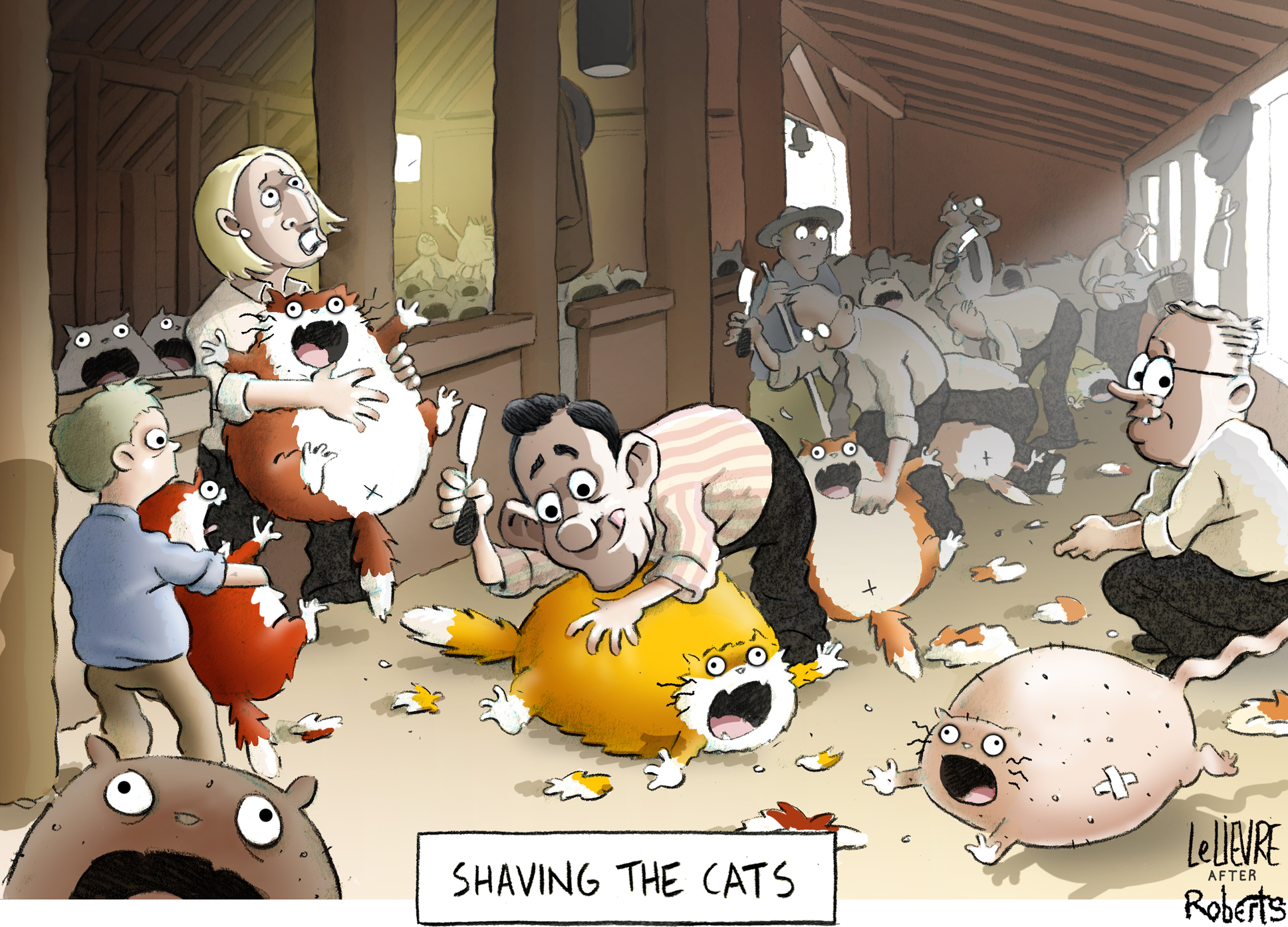
CARTOON
- Glen Le Lievre
- 20 February 2024
1 Comment
READ MORE
-
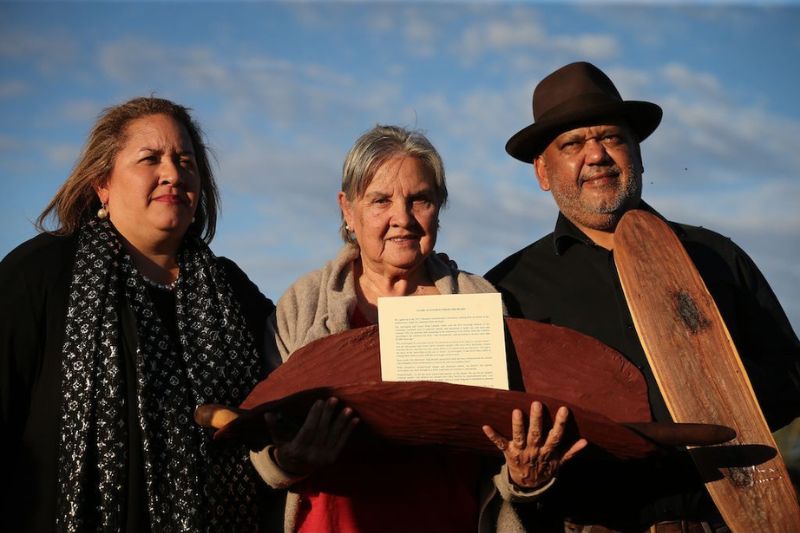
AUSTRALIA
- Frank Brennan
- 07 February 2024
12 Comments
The referendum result was a disaster for the country and a tragedy for First Australians and there has been little appetite for public discussion about lessons to be learnt from this abject failure. If we are to move forward, it’s time to begin the conversation about past mistakes.
READ MORE